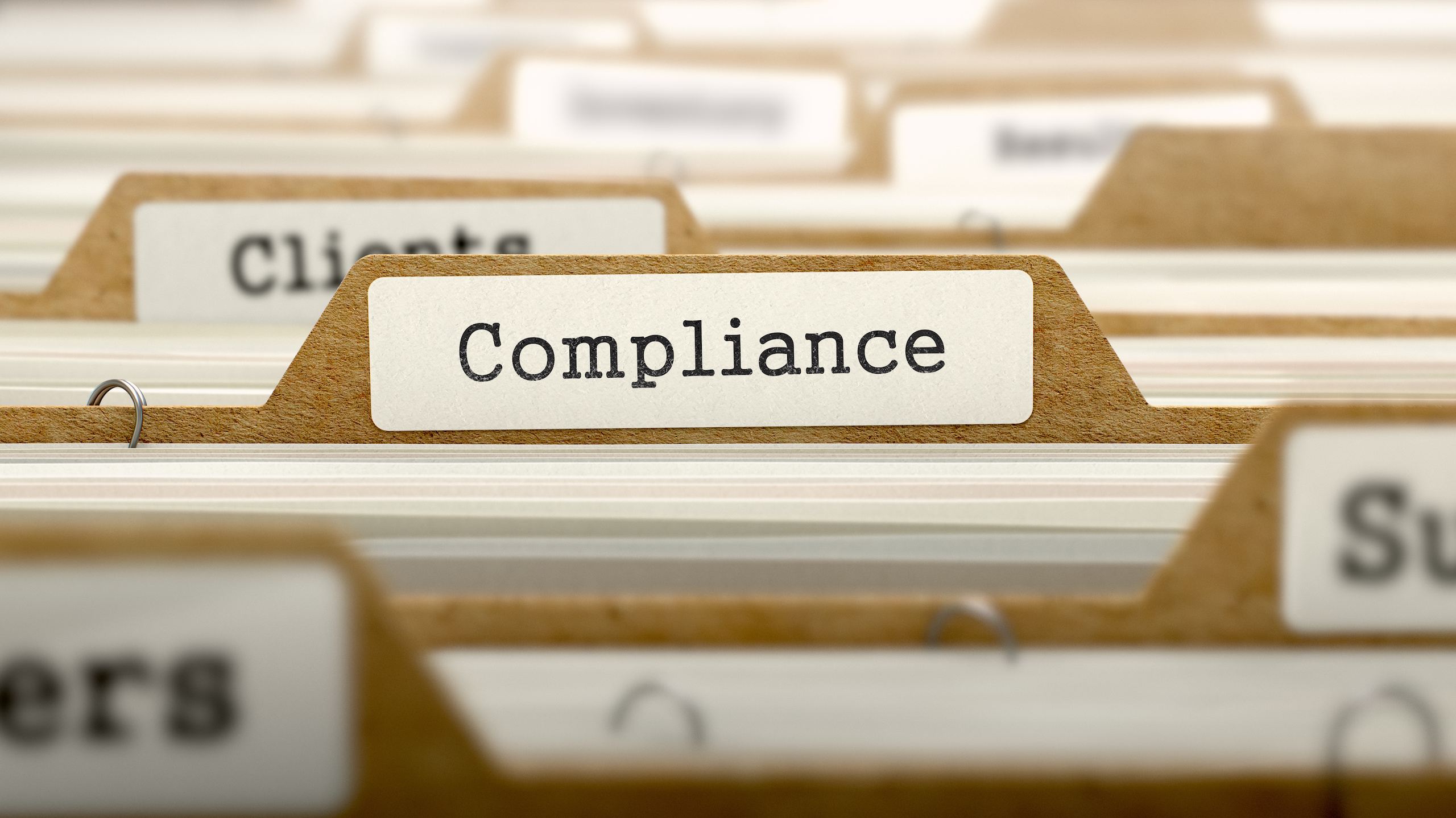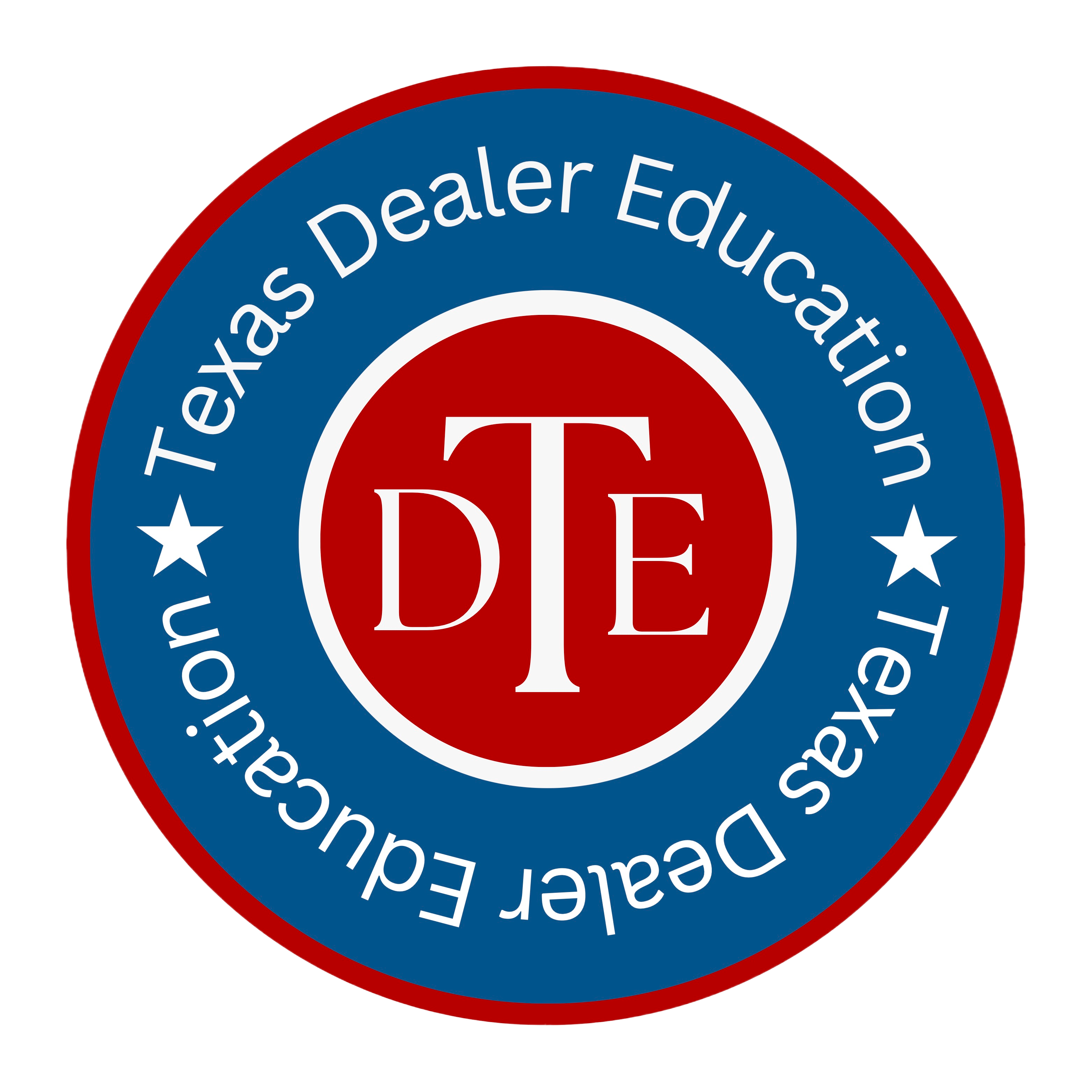Navigating Compliance: Understanding and Fulfilling Texas Dealer License Requirements

Becoming an independent automobile dealer in Texas opens up exciting opportunities in the automotive industry. However, to operate legally and ethically, dealers must navigate a complex landscape of compliance regulations. In this blog post, we will delve into the essential Texas dealer license requirements that every aspiring dealer should understand and fulfill to run a dealership that is successful and in compliance with the law.
Automobile Dealer License Requirements
Obtaining the Texas Dealer License
Before you embark on your journey as an independent dealer in Texas, you must obtain the required dealer license from the Texas Department of Motor Vehicles (TxDMV). Here’s an overview of the process:
- Application: Submit a completed dealer license application, providing all necessary information and supporting documents.
- Educational Requirements: Complete the pre-licensing education course approved by TxDMV to satisfy the educational requirement for obtaining a dealer license.
- Background Checks: Expect background checks for you and any other individuals associated with the dealership, such as business partners or corporate officers.
- Surety Bond: Furnish a surety bond as mandated by TxDMV. The bond amount depends on the type of dealer license you are applying for.
- Physical Location: Your dealership must have a suitable physical location meeting the TxDMV’s specifications.
Compliance with Advertising Guidelines
Promoting your dealership through advertising is vital, but it must be done in compliance with the law. Texas imposes specific advertising guidelines that every dealer must adhere to, such as:
- Clear and Transparent Pricing: Ensure that all advertised prices include all fees and charges, with no hidden costs.
- VIN and License Numbers: Display the vehicle’s Vehicle Identification Number (VIN) and dealer license number on all advertisements.
- No Misleading Information: Avoid any misleading or deceptive advertising practices.
Maintaining Proper Record-Keeping
Accurate record-keeping is essential for both operational efficiency and regulatory compliance. As a Texas dealer, you must:
- Maintain Sales Records: Keep detailed records of all sales transactions, including buyer and seller information, vehicle details, and sale prices.
- Organize Documents: Organize all relevant documents, such as purchase agreements, titles, and warranty information, in a secure and accessible manner.
Staying Updated on Legislative Changes
The automotive industry is subject to evolving laws and regulations. To stay compliant, it’s crucial to:
- Monitor Legislative Updates: Regularly check for updates from TxDMV and other relevant authorities to be aware of any changes to the rules and regulations governing your dealership.
- Seek Legal Guidance: If you have any doubts or concerns about compliance matters, consult with legal experts specializing in automotive law.
Upholding Ethical Business Practices
Running an independent dealership in Texas requires a commitment to ethical business practices. This includes:
- Honesty and Transparency: Be transparent with customers about the vehicle’s history, condition, and pricing.
- Fair and Equal Treatment: Treat all customers fairly and equally, irrespective of their background or circumstances.
- Respecting Consumer Rights: Comply with consumer protection laws and address customer complaints promptly and professionally.
Aspiring independent automobile dealers in Texas must prioritize compliance with the state’s regulations to build a reputable and successful dealership. From obtaining the necessary dealer license to adhering to advertising guidelines, maintaining proper records, staying informed about legislative changes, and upholding ethical business practices – every aspect of compliance contributes to your dealership’s credibility and longevity. By embracing these requirements, you can establish a solid foundation for your dealership’s growth and serve your customers with integrity and confidence.
